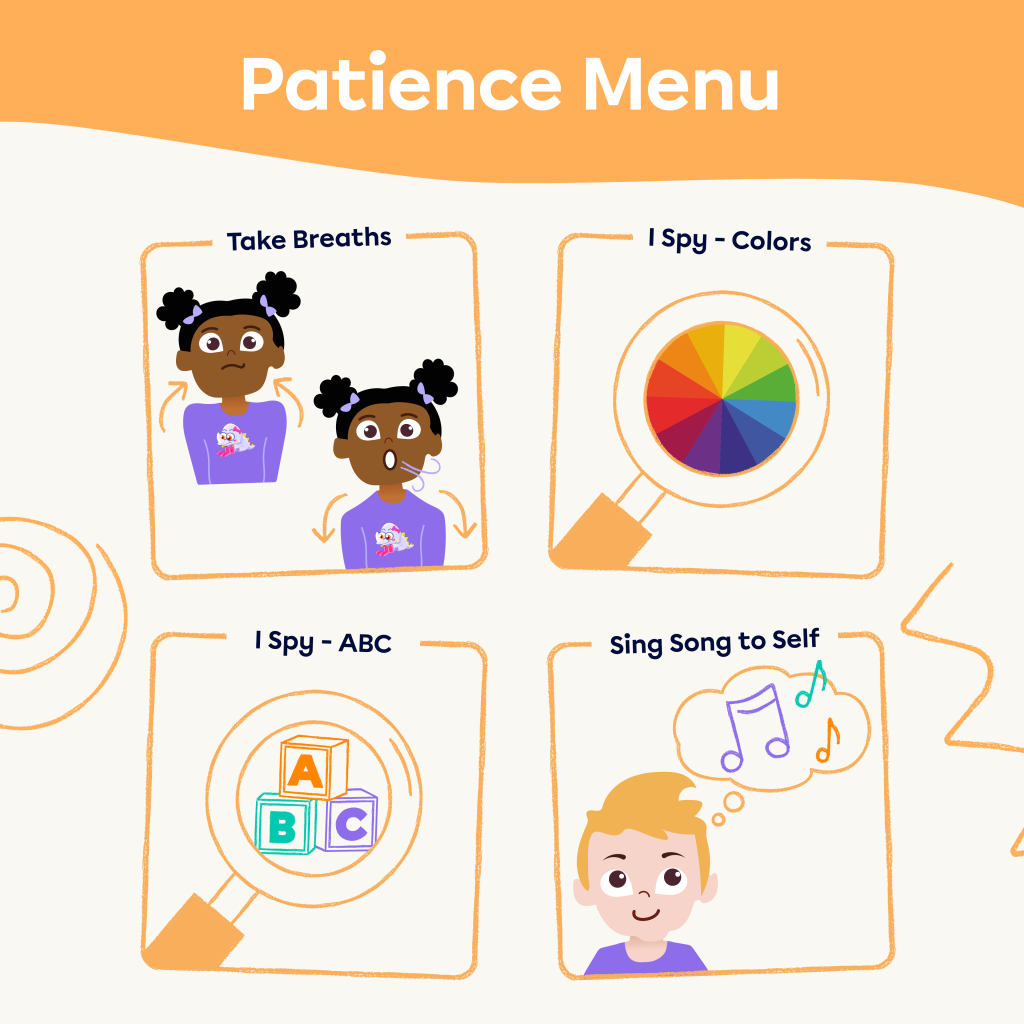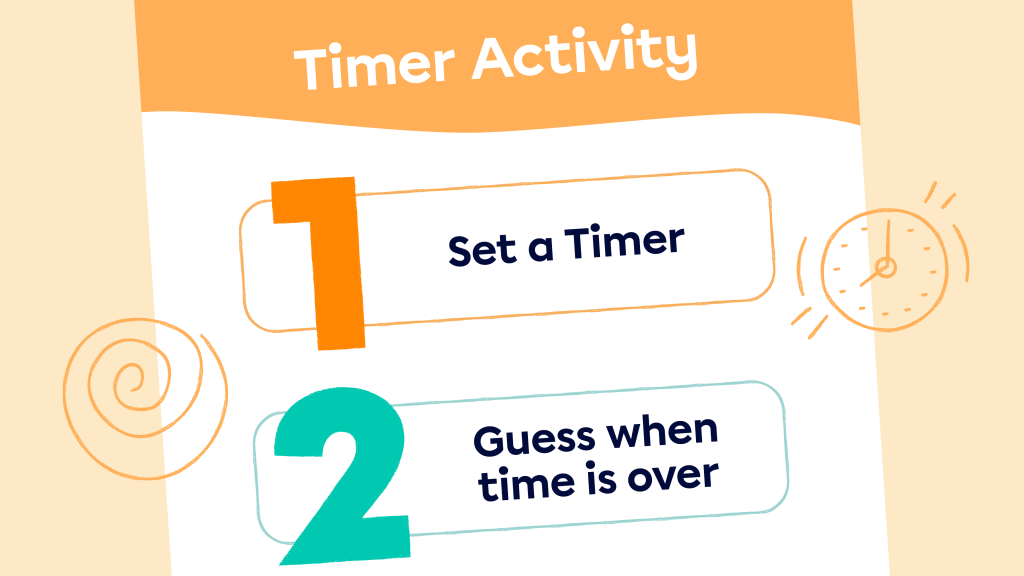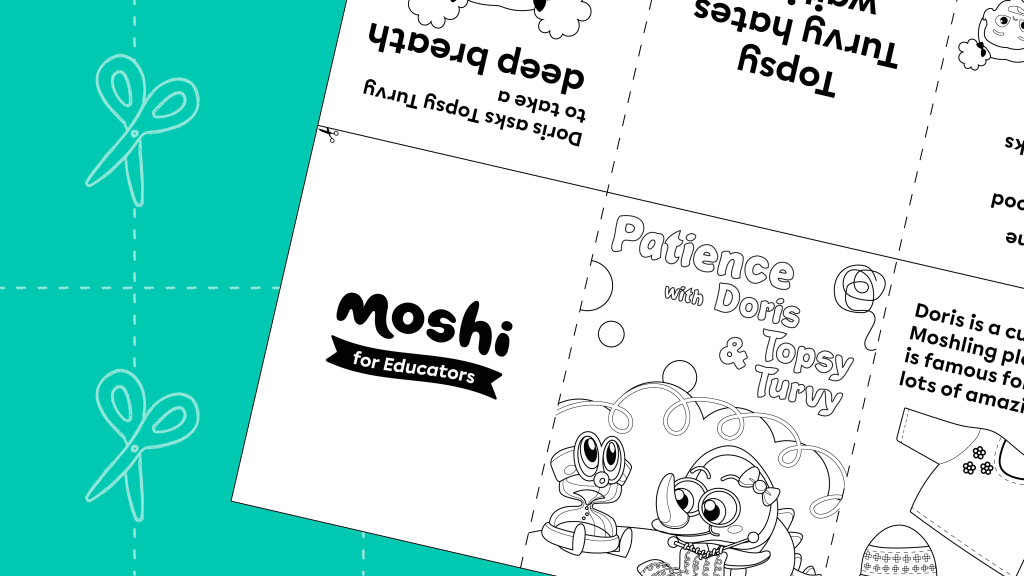
- 2 mins
How Do You Teach Patience to Kids?

Research shows that the layered continuum of supports in a Multi-Tiered System of Supports (MTSS) significantly impacts student success. As Hierck (2023) clarifies, “Tiers are intended to define predictable supports that schools should proactively prepare to meet students’ needs; support structures are classified in tiers, but students themselves are not labeled, defined, or tiered.” With this research-based framework, Moshi is releasing tiered plans for some of their most powerful and popular tracks.
When looking at specific research regarding social and behavioral skills, Otten and Tuttle (2011) emphasize the importance of first providing direct instruction of the desired skill, modeling the desired skill, and then providing opportunities for students to continue to practice, be retaught, and receive feedback for the skill.
When considering the skills that students must practice every day, patience is one that impacts everyone multiple times a day, and one that we must teach, model, reteach, and practice with them to ensure that they can utilize these skills independently.
Tier 1: Brown-Chidsey and Bickford (2016) define Tier 1 as the first level of instruction in an MTSS framework. This would include all of the academic and behavioral instruction provided to all students in a school. It is expected that 80% or more of students will be successful with Tier 1 instruction and supports alone.
Setting the Stage:
Tell students that they will be listening to a story about two Moshling friends, Doris and Topsy Turvy.
Dialogue to consider:
“In this story, we are going to focus our attention on a thing called patience. Who can tell me what they think patience could mean?” (Allow students to answer.) “Patience is all about being able to wait for things without getting angry or upset [from Doris’s story]. Waiting can be hard. What are some things you have to wait for at school? At home?” (Write answers on chart paper or board.) “Now, make yourselves comfy as we listen to Patience with Doris and Topsy Turvy.”
Play the story while students relax. After the story is played, use the Conversation Guide to help review the story.


Tier 2: Brown-Chidsey and Bickford define the second level in an MTSS, Tier 2, as instruction or intervention activities that are implemented in addition to Tier 1 to allow for students to be successful. It is expected that 15% of students will be successful with Tier 2 in addition to Tier 1 (for a total of 95% student success). It is critical to understand that Tier 2 is a supplement to core Tier 1 instruction, and does not replace it (Hierck & Weber, 2023).
Tier 3: Brown-Chidsey and Bickford identify the third and final level in the MTSS framework, Tier 3, as including intensive and highly specialized instruction or intervention activities that are supplements to supports provided in Tiers 1 and 2. In some cases, Tier 3 interventions are provided as replacement core programs.

Brown-Chidsey, R., & Bickford, R. (2016). Practical Handbook of Multi-Tiered Systems of Support: Building Academic and Behavioral Success in Schools. Guilford Press.
Hierck, T., & Weber, C. (2023). The Road to Success with MTSS: A Ten-Step Process for Schools. Solution Tree Press.
Otten, K. L., & Tuttle, J. L. (2011). How to Reach and Teach Children with Challenging Behavior (K-8): Practical, Ready-to-Use Interventions That Work. Jossey-Bass.